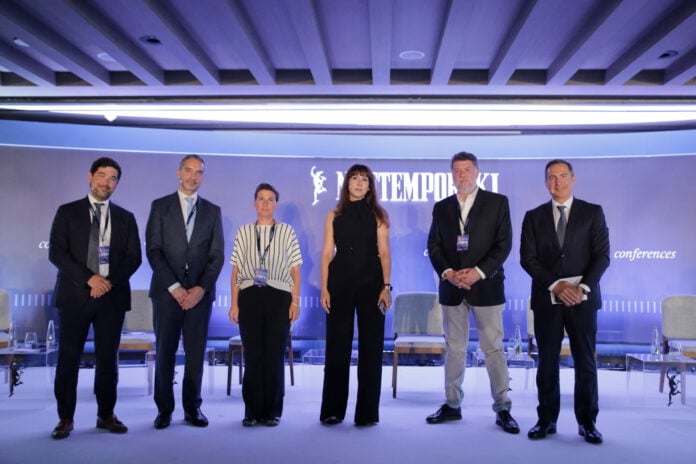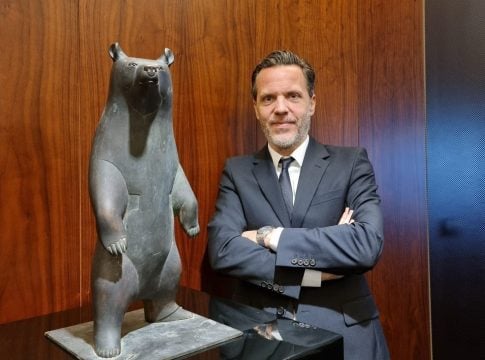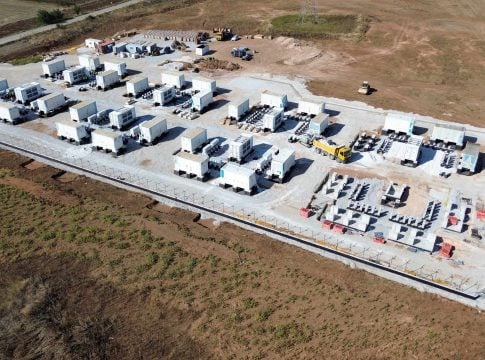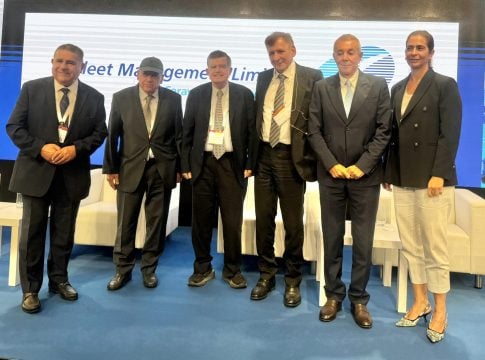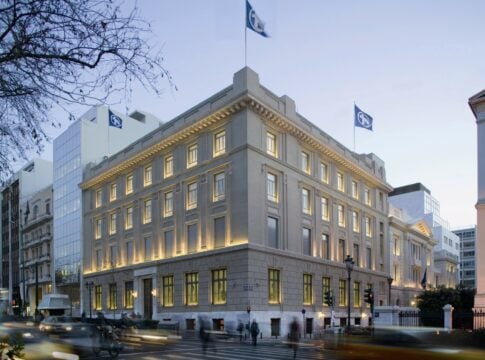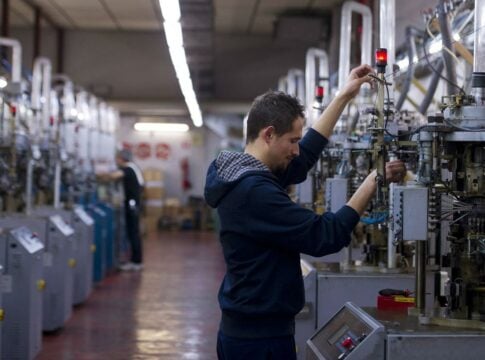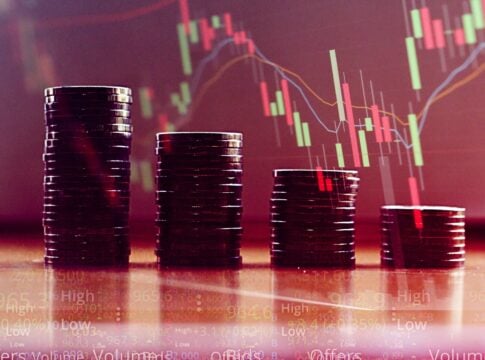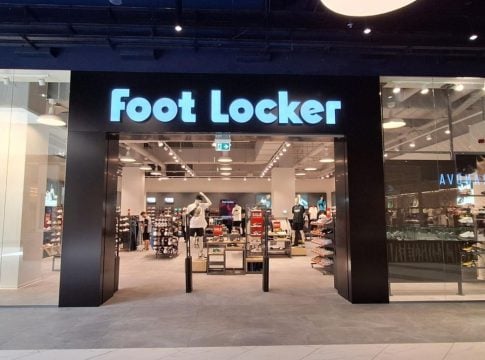The transition to sustainable shipping is no longer an option but an obligation – and the cost is high.
Top executives from the shipping industry and experts in technological and regulatory developments were invited to answer a crucial question during the 9th Naftemporiki Shipping Conference: How is competitiveness maintained when environmental costs are skyrocketing and the regulatory landscape is constantly changing?
Fines as a result of the medium-term fuel measures decided by the IMO are expected to reach 100 billion dollars by 2035, according to figures presented by Ioanna Prokopiou, CEO of Sea Traders. In these costs, Prokopiou did not include the additional charges imposed by the EU’s FuelEU regulation. Essentially, this means that – based on today’s fuel prices –the cost for ships will have doubled by 2035.
In the field of coastal shipping, Attica Group CEO Panos Dikaios stressed that the sector needs special treatment, underlining that the EU and IMO measures “affect us very much.”
Stamatis Tsantanis, president and CEO of Seanergy Maritime Holdings Corp., placed particular emphasis on the integration of new technologies, stating that the company has already installed sensors and other systems since 2025.
On the technology side, Dimitris Alexandrou (Co-Founder and Director of Business Innovation, Ubitech) noted that AI has changed everything, including developments in the shipping sector.
On her part, Elina Litsa (Partner, Deals Services, Grant Thornton) emphasized that the environmental compliance of shipping companies can also function as a means of preserving their value.


